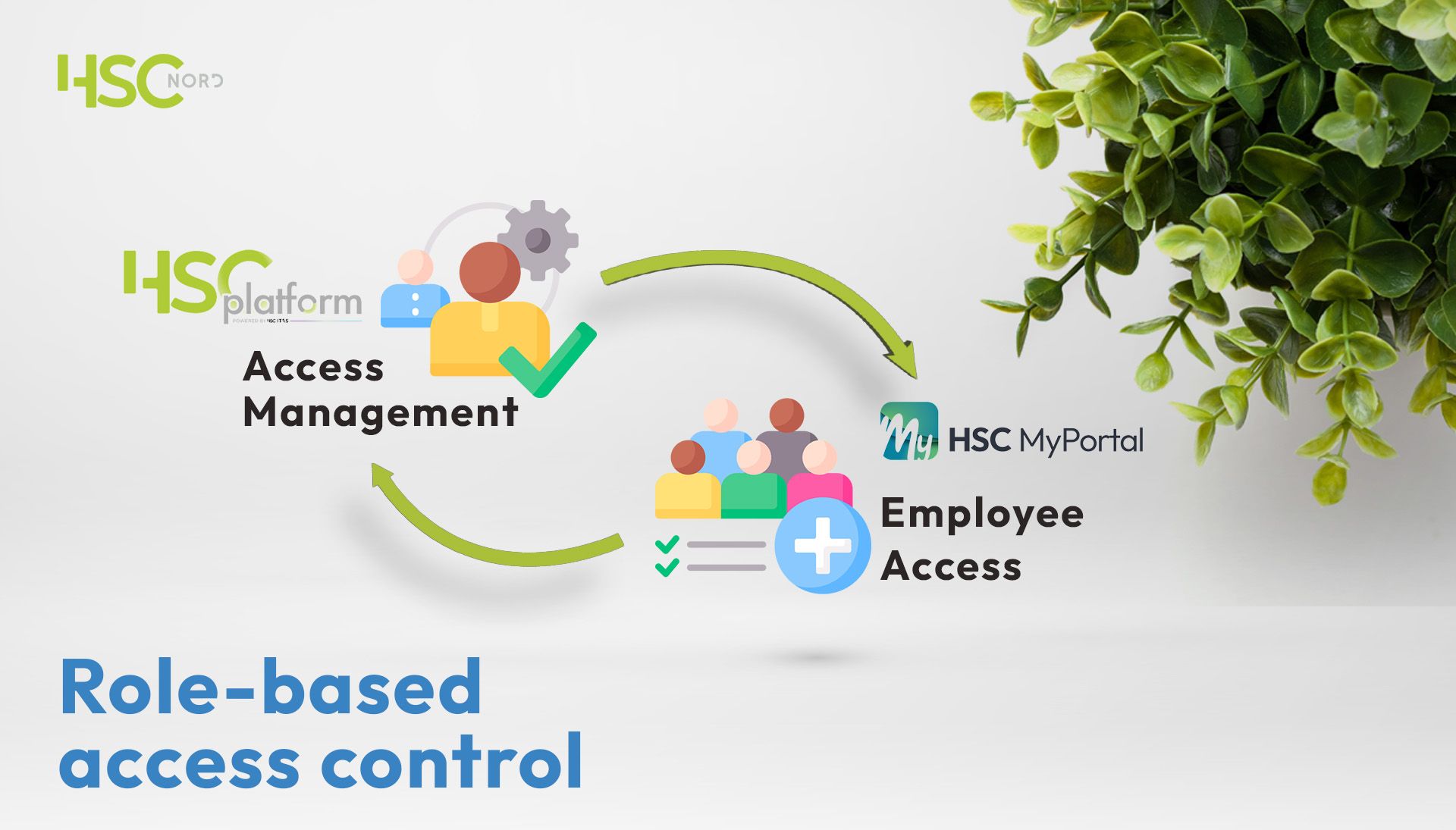
Regulations and safety standards governing the development and use of AI - now being delivered by HSC Nord eLearning
HSC Nord keeps up with the ever-changing legal regulations, guaranteeing compliance to its clients. Today, we are addressing the first comprehensive regulatory framework regarding the ethical use of artificial intelligence across the European Union. We will provide clear guidelines for ensuring safety and ethics, helping you build trust with consumers and regulators alike.
➡️Understanding the EU AI Act
Europe aims to become a leader in setting standards for AI. The EU AI Act officially
entered into force on August 1, 2024.
The goal was to protect human rights and ensure businesses comply with European values. Overall, the Act is crucial for balancing innovation with human-centric values, shaping a future where AI can benefit society while minimizing risks.
➡️What makes this Act important for companies?
The Act categorizes AI systems based on risk levels, setting clear requirements for businesses, particularly those deploying high-risk AI systems in sensitive sectors such as healthcare, education, military, or government. Companies must ensure that their AI systems meet safety standards transparently. For businesses, this means adopting responsible practices stipulated by regulators.
➡️Who needs to be informed about the rules?
The EU AI Act applies to all players in the AI arena, including providers, deployers, importers, distributors, and manufacturers. Every company involved in AI technologies within the EU must be aware of the Act. This includes AI developers, tech companies, organizations from a variety of sectors, and regulatory agencies. Ensuring compliance with the Act is essential to avoid potential penalties and to stay competitive in the evolving market.
➡️What are the dangers that AI could pose to humans?
While AI has great possibilities, it also poses concerns:
● Discrimination and bias
● Privacy violations from surveillance and data misuse
● Job displacement as automation continues to grow
● Security threats, AI-driven cyberattacks, or the creation of deepfakes
● Loss of control if AI systems evolve beyond human oversightRemember the "Terminator" movie?
Remember the "Terminator" movie? Potential dangers are real, but they are not inevitable. The Act tackles these risks and ensures that AI technologies are consistent with human-centered principles.
➡️When will the Act take effect?
The law entered into force on August 1, 2024. W
hile exact timelines can vary, it’s expected to be fully implemented by 2027. The prohibition on illegal AI practices started on February 2, 2025.
The EU AI Act represents a bold step toward establishing global standards for artificial intelligence and understanding it is crucial for businesses to navigate the future of technology responsibly. As the first comprehensive AI regulations, the Act sets a precedent that could influence global AI governance and the development of international standards.
Be ethical and responsible as you embrace AI.
Let HSC make it simple!

 The Value of Partnering With a Versatile OHS Provider— Why a Multidisciplinary Approach Matters
The Value of Partnering With a Versatile OHS Provider— Why a Multidisciplinary Approach Matters
 Set Sail with Confidence – Your Guide to Seafarers’ Medical Examinations
Set Sail with Confidence – Your Guide to Seafarers’ Medical Examinations
 Having a safe workplace is a wise economic decision— Here's what you need to know.
Having a safe workplace is a wise economic decision— Here's what you need to know.
 Nord-EU AI Act
Nord-EU AI Act
 Empower Your Employees
Empower Your Employees
 Role-based Access Control
Role-based Access Control